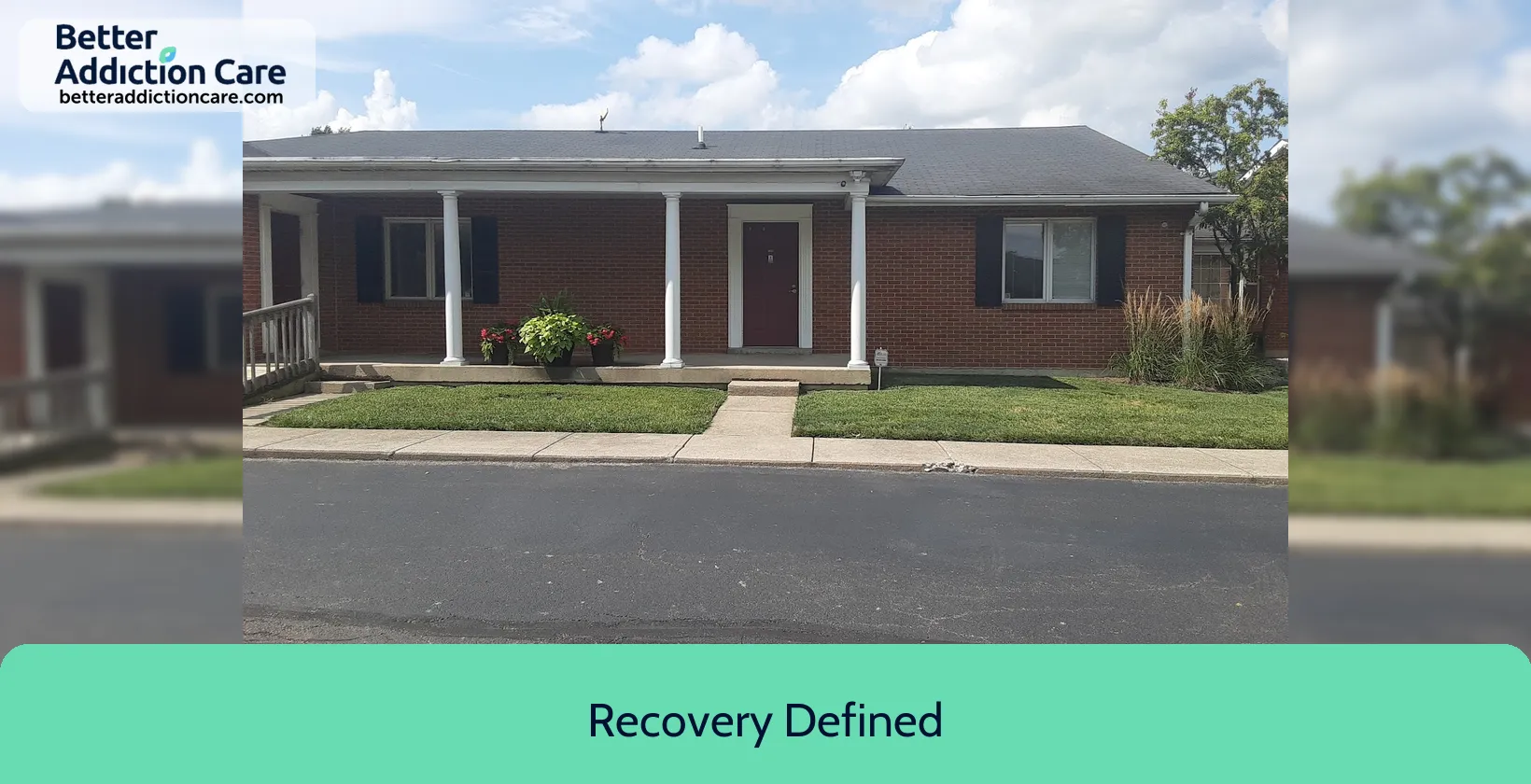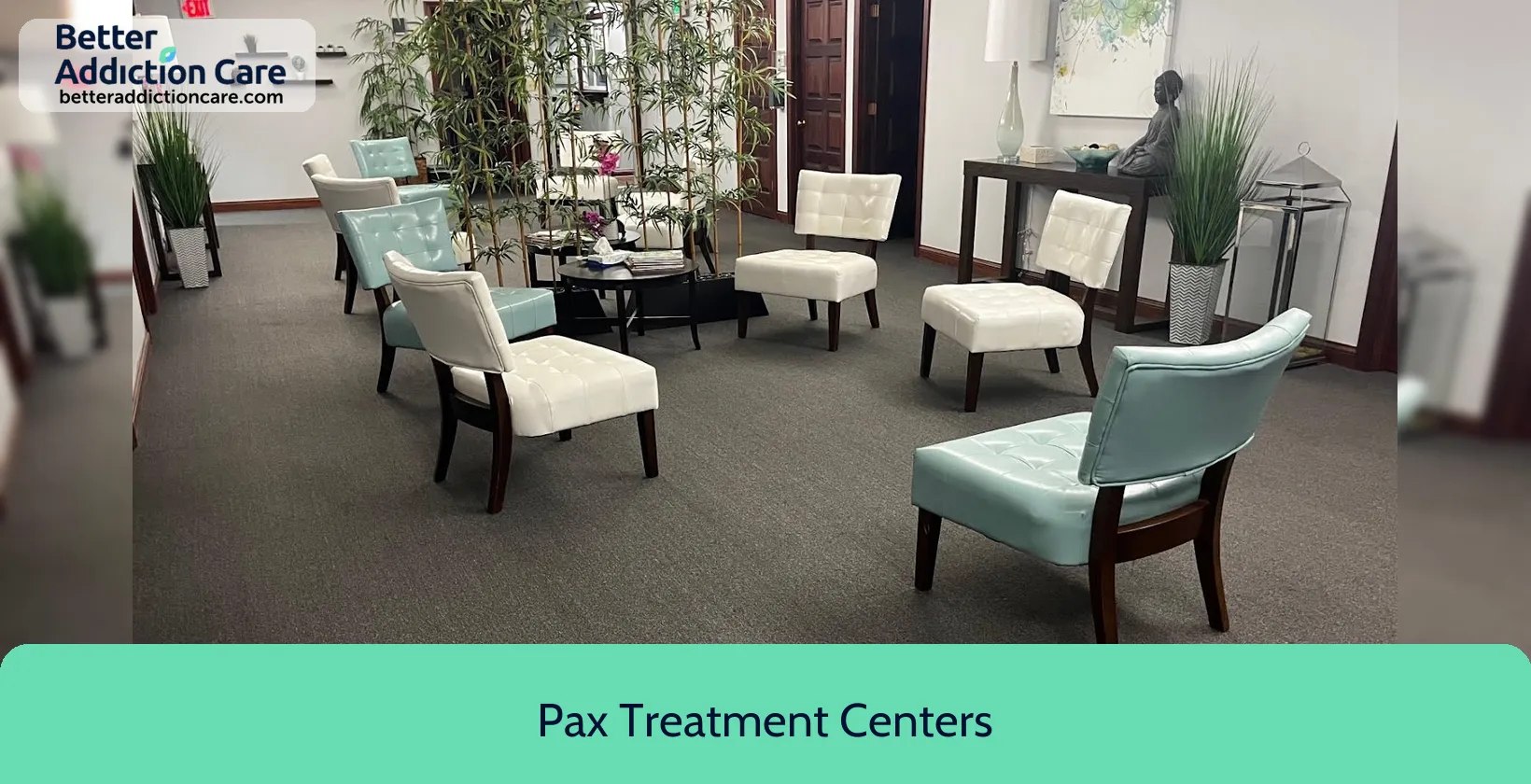CDC Behavioral Health Services

Overview
CDC Behavioral Health Services is a mental health treatment center for people seeking treatment near Butler County. As part of their treatment modalities for recovery, CDC Behavioral Health Services provides couples/family therapy, group counseling, and cognitive behavioral therapy during treatment. CDC Behavioral Health Services is located in Middletown, Ohio, accepting cash or self-payment for treatment.
CDC Behavioral Health Services at a Glance
Payment Options
- Cash or self-payment
- Medicaid
- Medicare
- Private health insurance
Assessments
- Screening for tobacco use
- Comprehensive mental health assessment
Age Groups
- Young adults
- Children/adolescents
- Adults
- Seniors
Ancillary Services
- Case management service
- Court-ordered outpatient treatment
- Diet and exercise counseling
- Family psychoeducation
- Suicide prevention services
Highlights About CDC Behavioral Health Services
6.65/10
With an overall rating of 6.65/10, this facility has following balanced range of services. Alcohol Rehabilitation: 8.00/10, Drug Rehab and Detox: 6.00/10, Insurance and Payments: 6.00/10, Treatment Options: 6.61/10.-
Alcohol Rehabilitation 8.00
-
Treatment Options 6.61
-
Drug Rehab and Detox 6.00
-
Insurance and Payments 6.00
Treatment At CDC Behavioral Health Services
Treatment Conditions
- Mental health treatment
Care Levels
- Outpatient
Treatment Modalities
- Couples/family therapy
- Group counseling
- Cognitive behavioral therapy
- Dialectical behavior therapy
- Activity therapy
Ancillary Services
Languages
- Spanish
Special Programs
- Clients with co-occurring mental and substance use disorders
- Clients who have experienced trauma
- Children/adolescents with serious emotional disturbance (SED)
- Persons 18 and older with serious mental illness (SMI)
Get Help Now
Common Questions About CDC Behavioral Health Services
Contact Information
Other Facilities in Middletown

7.54

6.71

7.65
DISCLAIMER: The facility name, logo and brand are the property and registered trademarks of Pax Treatment Centers, and are being used for identification and informational purposes only. Use of these names, logos and brands shall not imply endorsement. BetterAddictionCare.com is not affiliated with or sponsored by Pax Treatment Centers.
